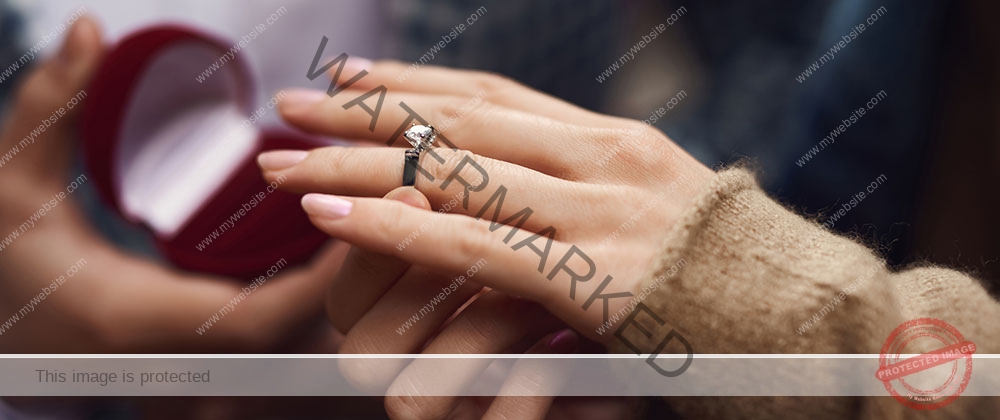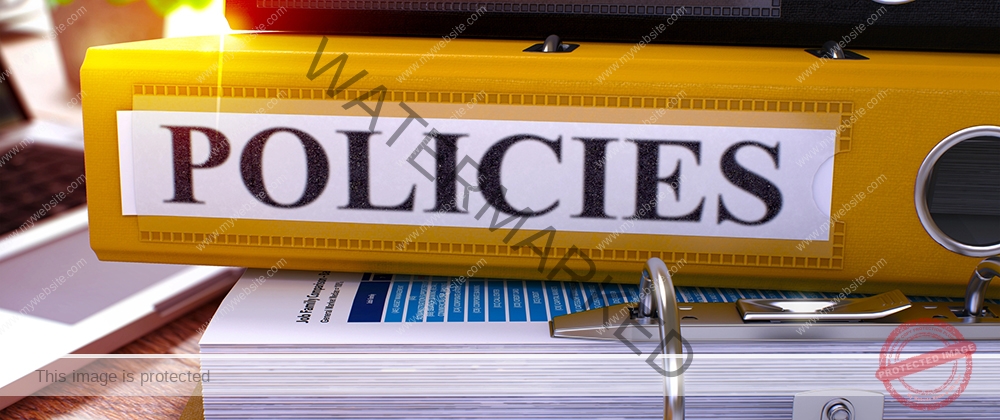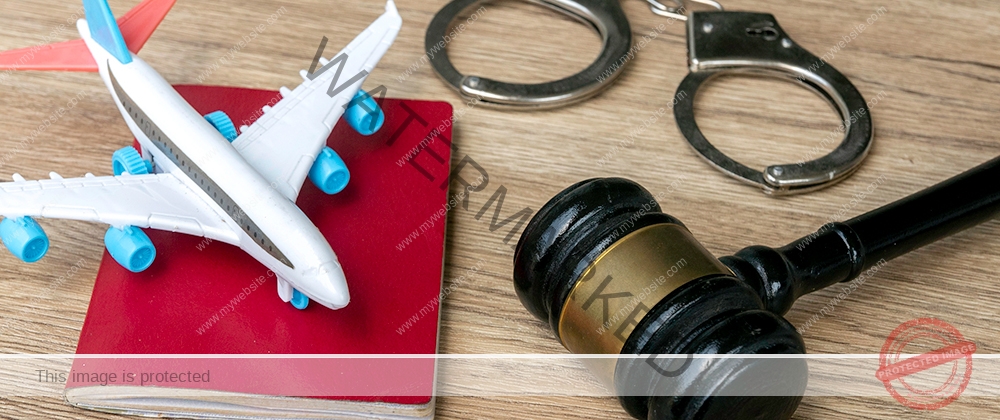Reality TV is rarely informative, but it is a popular format because it can be entertaining. However, TLC’s “90-Day Fiancé” actually illustrates some important lessons about fiance visas and what people should and should not do to secure them. The show follows couples who include U.S. citizens and their foreign fiancés or fiancées as they pursue K-1 visas, which allow people to enter the U.S. 90 days before they get married to U.S. citizens. While the show is strictly for entertainment and is filled with a healthy dose of melodrama, some of the couples who appear earnestly pursue a process to allow them to live together in the U.S. as married couples. Here are a few lessons from “90-Day Fiancé” that a New York K1 visa attorney at Pozo Goldstein believes you should know.
1. The relationship between you and your fiancé or fiancée must be real.
Before you can secure a K-1 visa for your fiancé or fiancée, you will need to prove that your relationship is real. The internet has made meeting people in other countries easy, greatly expanding the ways people can connect and fall in love no matter where they might live. A New York immigration lawyer at Pozo Goldstein frequently works with couples who have met while traveling, participating in student exchange programs, talking on social media platforms, or using international dating sites. No matter how you met your foreign-born fiancé or fiancée, the U.S. Customs and Immigration Service will want to see evidence that your relationship is real and not simply a means for someone to pursue a green card in the U.S.
Some examples of the types of evidence you might present to prove that your relationship is real include the following:
- Photographs of you and your significant other together
- Texts, emails, and social media posts between you and your fiancé or fiancée
- Plane tickets for visits with your fiancé or fiancée
- Letters and other dated correspondence between you and your fiancé or fiancée
While gathering evidence showing that your relationship is real is important, it is also important for you to know the person you plan to marry. You should talk about the future you envision with each other and what you want out of your marriage. It is critical for you to share values and experiences that will help you to decide whether you truly want to get married and build your life as a married couple.
2. Your friends and family should be involved.
In “90-Day Fiancé”, some families and friends either do not approve or do not know about the relationships between the U.S. citizens and their fiancés or fiancées. While some friends and family members depicted on the show disapprove of the relationships because of racism or closemindedness, others simply want to protect the people they care about. If your friends and family members do not approve of your relationship or haven’t been told about it, you should ask yourself why, and carefully consider the reasons.
3. Know the indicators the USCIS looks for.
The USCIS carefully reviews K-1 visa petitions to determine whether or not the people are entering into sham marriages. There are certain indicators that are likely to raise red flags for immigration officials. While your New York K1 visa attorney at Pozo Goldstein can help you to overcome these types of issues, you will need to understand them so that you can be prepared. When you file a petition, the following things might cause the immigration official to give extra scrutiny to your relationship and intention to marry.
Substantial Differences in Culture
Some couples who come from different countries have many cultural differences but still enjoy happy and fulfilling marriages. However, if you and your fiancé or fiancée have very little in common, including having differences in your religion, culture, ethnicity, education, and finances, the immigration officer reviewing your petition will likely scrutinize your petition more closely. Presenting evidence about how you have navigated your cultural differences and have spent time together can help to overcome this potential red flag.
Significant Differences in Age
While an age difference won’t necessarily sink your petition, it can cause an immigration officer to review your petition with a greater degree of skepticism. If you have an age difference with your fiancé or fiancée of 15 or more years, you will likely need to present additional evidence to support that your relationship is real. For example, it might be a good idea for you to stay with your significant other for a long period in his or her home country before applying for a K-1 visa.
Short Duration of the Relationship
While some couples do have whirlwind romances that lead to happy marriages, having a short relationship with your fiancé or fiancée before deciding to marry and petition for a visa can be a red flag for immigration officers. If your relationship has been short, you should be prepared to present additional evidence showing that it is real. A New York immigration lawyer at Pozo Goldstein can help you to determine the types of evidence you might present to prove that your relationship is valid even though it has been short.
Get Help from a New York K1 Visa Attorney at Pozo Goldstein
If you want to marry your foreign-born fiancé or fiancée, you must thoroughly prepare for the petition and interview process with the USCIS. While the K-1 visa petition might appear straightforward, minor errors could result in a denial. When you work with a New York K1 visa lawyer at Pozo Goldstein, you are much likelier to be prepared and to succeed with your petition. Our New York immigration team is comprised of former immigration prosecutors and a former judge, and we understand the types of things that can result in added scrutiny or a denial. To learn more about our services, contact Pozo Goldstein today by calling 212-201-9031.




